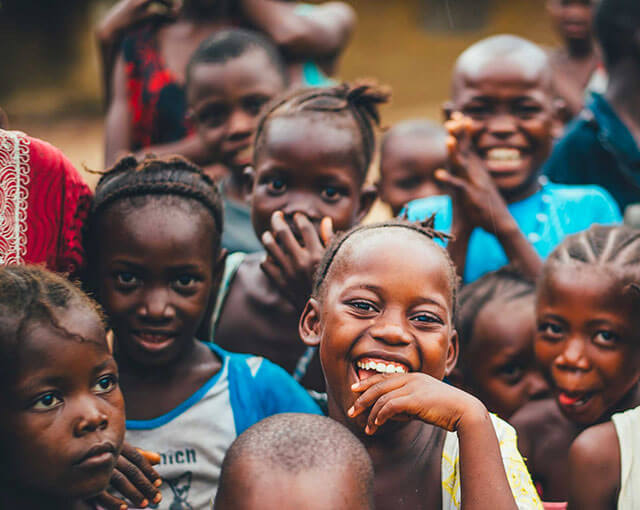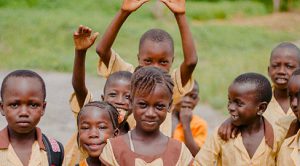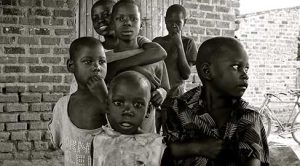Hotline: 0800 722 970
/ Info: 0708555666
- Email: info@amurtafrica.org
- Address: 209 Mountain View Estate, Nairobi

Non-communicable diseases (NCDs) such as heart disease, strokes, cancers, diabetes and respiratory diseases account for 27% of deaths, many premature, in Kenya and pose a huge threat to young urban men and women. The Programme aims to reduce the risk behaviours which can trigger NCDs, such as substance abuse, harmful use of alcohol, and a lack of physical exercise, as well as those which damage adolescents’ sexual and reproductive health (ASRH).
This five-year project aims to contribute to improved health and gender equality of girls and boys between 10-24 years of age in Kibera, Nairobi will specifically ensure that girls and boys aged 10-24 years of age in the urban slum of Kibera, Nairobi are practicing fewer risky behaviours due to an increased capacity to make informed choices and to protect their health, now and in the future. The focus of this Programme is on risk behaviors which can lead to Non-Communicable Diseases (NCDs). The 5 risk behaviours include tobacco use, harmful use of alcohol, risky sexual behaviours, physical inactivity and poor eating habits.


improving lerning outcomes for marginalized girls in Kenya
Activity 1.6 Capacity Building of Peer Educators
During the period under review, the project conducted annual capacity building and mentorship (team building) with Peer Educators to enhance teamwork, communication skills, conflict management, and self-awareness. The two-days residential exercise was conducted at Jumuia Hotel and Conference Centre – Limuru. A total of 34 peer educators, five AMURT staff, and one Plan International representative took part in the event. To effectively achieve the objective; the sessions were executed under the following activities:
The lessons learned from “fill the bottle” exercise included:
Project review, reporting and mentorship is as important as implementation of other project activities. During the period under review, monthly review and mentorship meetings took place at the cluster levels. A total of 144 mentorship and review meetings were conducted. This entailed review of previous YHP activities done, planning for the upcoming activities, project dynamics addressed through mentorships. Below is a photo of members of Lainisinga actively engaging in their monthly mentorship and planning meeting. This happens in the project cluster areas.
Since the project’s inception in January 2020, the following achievements have been recorded;
Project Objectives
The YHP in Kenya will work to bring about three key results:
Geographical coverage
The project covers 8 villages of Kibra in Nairobi county namely:

Lorem ipsum dolor sit amet, consectetur adipiscing elit.

Lorem ipsum dolor sit amet, consectetur adipiscing elit.

Lorem ipsum dolor sit amet, consectetur adipiscing elit.
Hic commodo odio pharetra magni aliquet posuere aptent mus leo class urna.
Error: Contact form not found.